
Trees Populus alba White Poplar Abele
Bark: The Bark of a White Poplar is predominantly pale-brown-grey to white in colour and is often covered in black, diamond-like lenticels. The bark of their twigs, however, is white and hairy for their first two years of the tree's lifecycle. As the tree matures, you will then find that the twigs then become more knobbly. Form: Large trees.
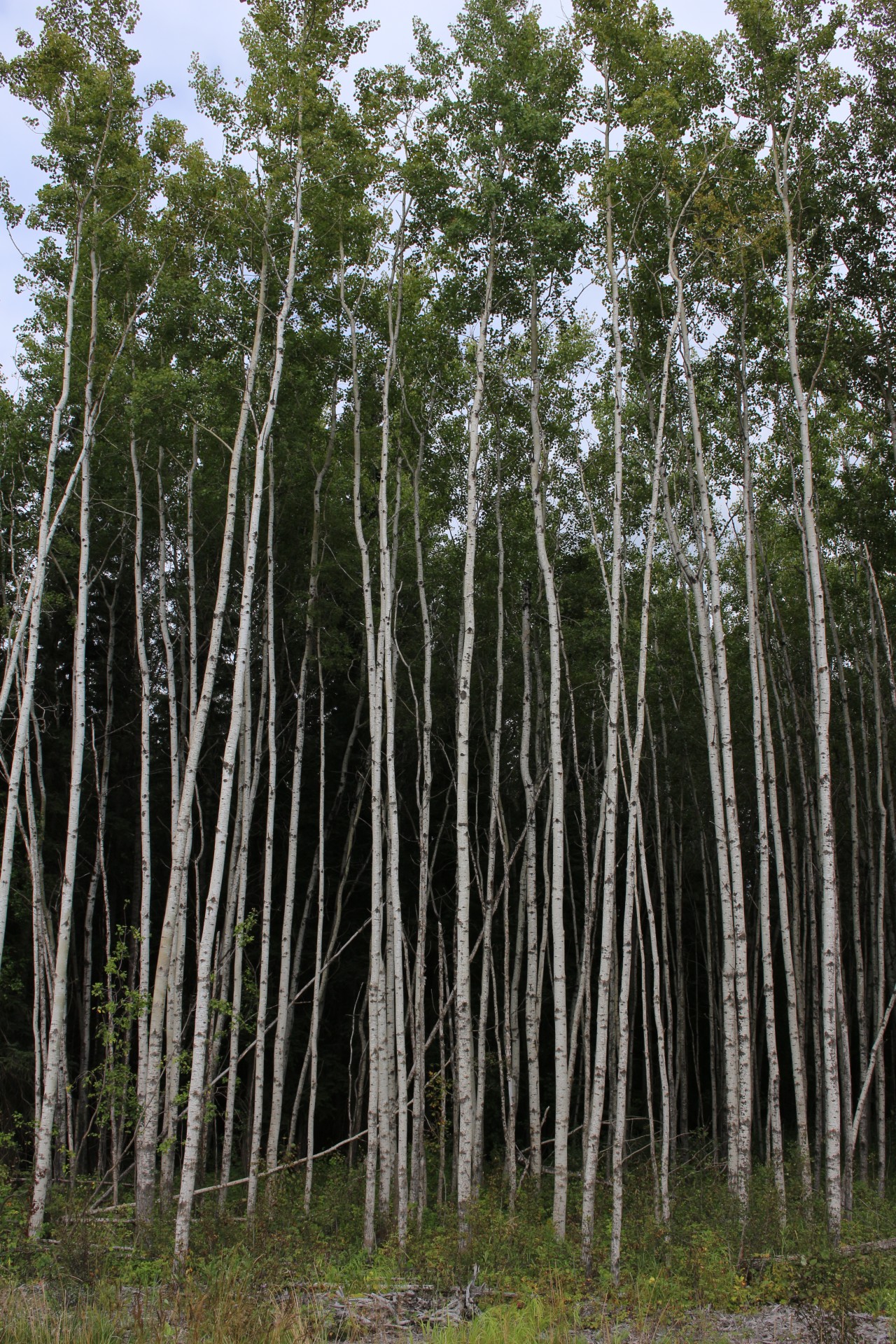
White Poplar Tree Trembling Aspen Free Stock Photo Public Domain Pictures
the plant is a tree Leaf type the leaf blade is simple (i.e., lobed or unlobed but not separated into leaflets ) Leaves per node
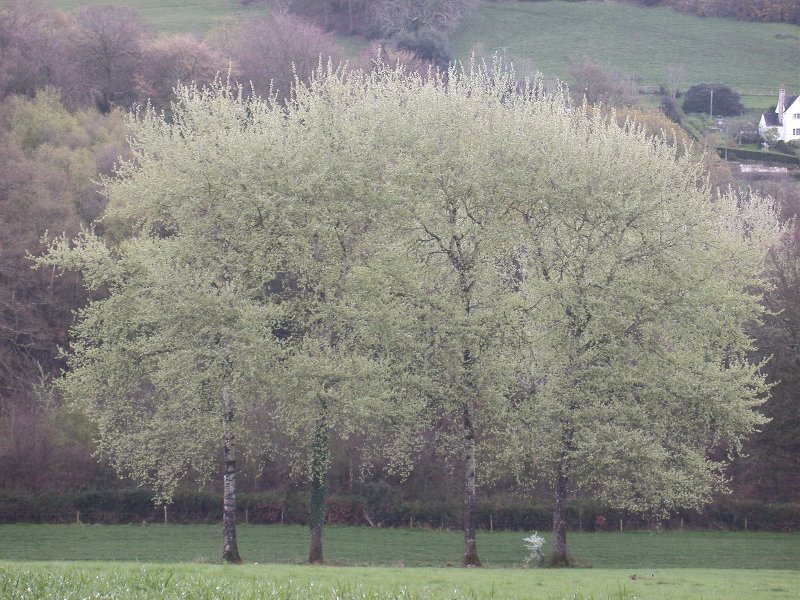
Populus alba (White poplar)
This large tree is very common in Europe to central Asia. Tree profile name botanical: Populus alba other name: Silver Poplar other name: Abele family: Willow family (Salicaceae) species: deciduous tree height: 20 - 30 m (66 - 99 ft) leaf: The leaves of White poplar are sinuate.
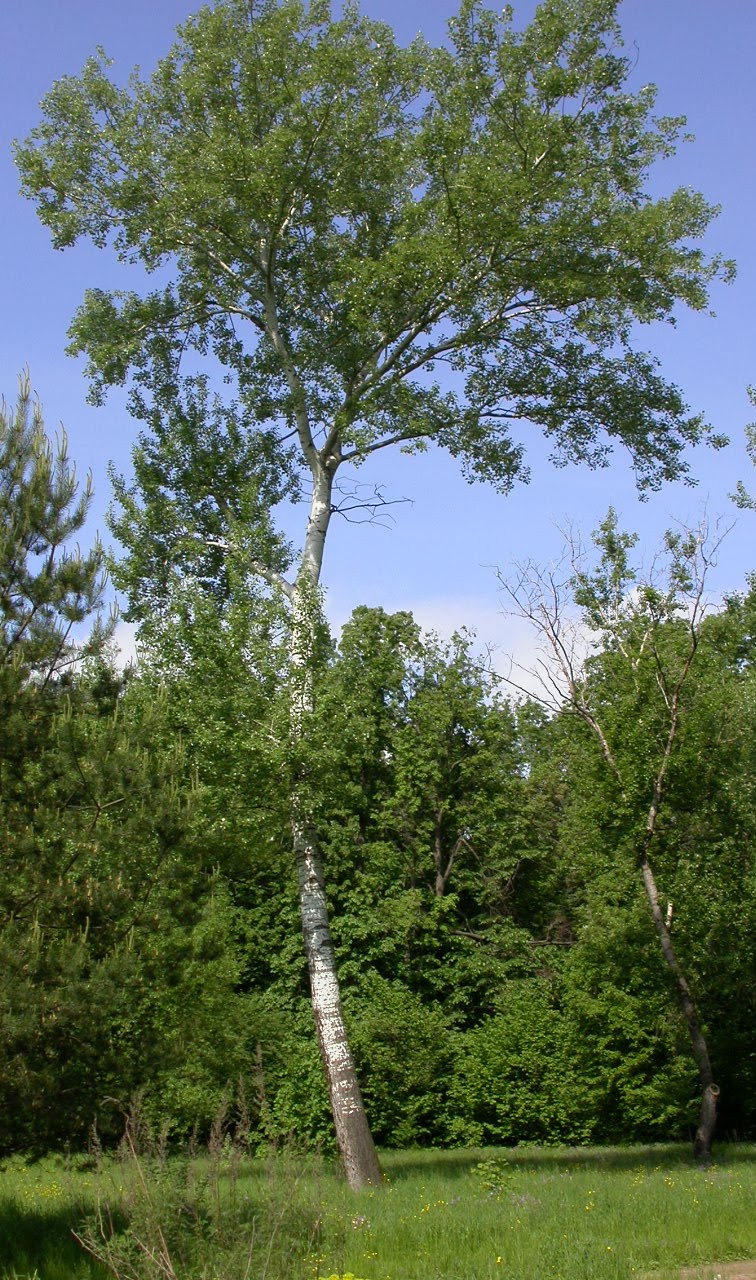
Trees Populus alba White Poplar Abele
Celebrate the intersection of utility and beauty with the Lombardy Poplar. It's a testament to nature's versatility and charm. 5. White Poplar ( Populus alba) Hardiness Zones: 2 - 9 (USDA) Mature Size: 12-20 meters in height and up to 1 meter in diameter.
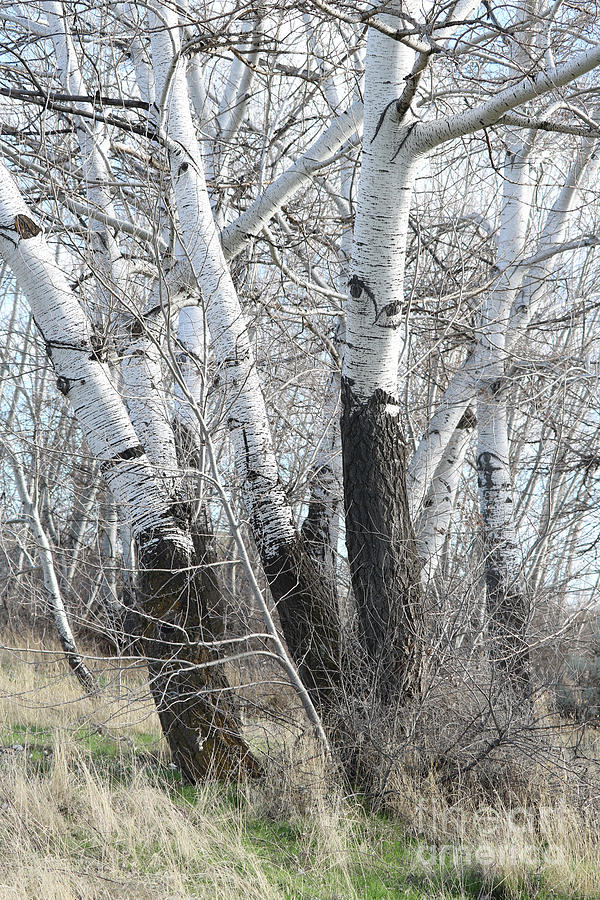
White Poplar Grove Photograph by Carol Groenen
The white poplar is the most common poplar tree and has white bark and white and green leaves that seem to 'twinkle' in gentle breezes. Some species of poplars also have a fresh balsam scent.
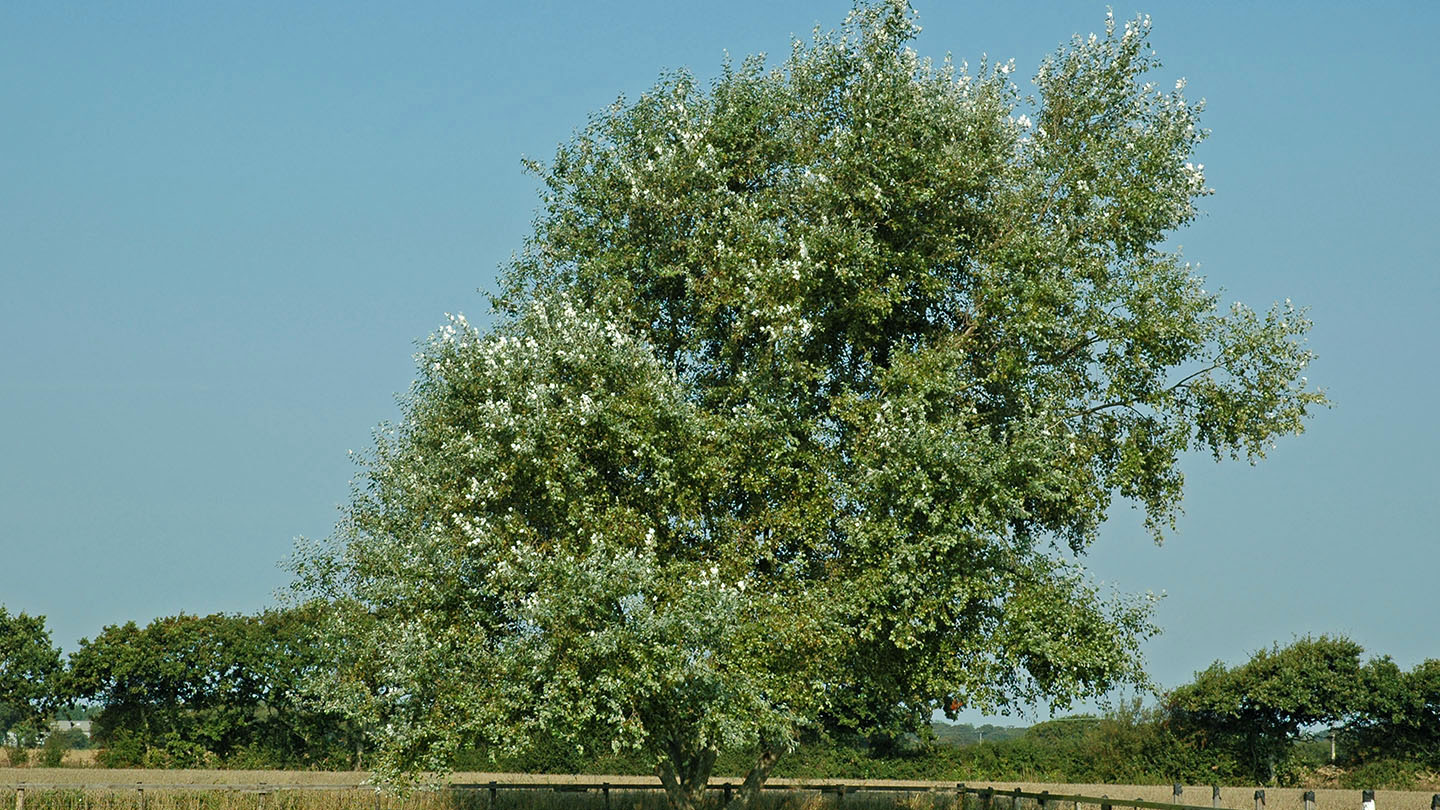
White Poplar (Populus alba) British Trees Woodland Trust
White poplarTree, DeciduousFamily: Salicaceae Height: 20m Spread: 15m Hardy Attractive to wildlife Autumn colour Foliage colour: Position Soil Acidic / Chalky / Alkaline / Clay / Heavy / Moist Populus alba, or white poplar, is a large, very fast-growing deciduous tree.
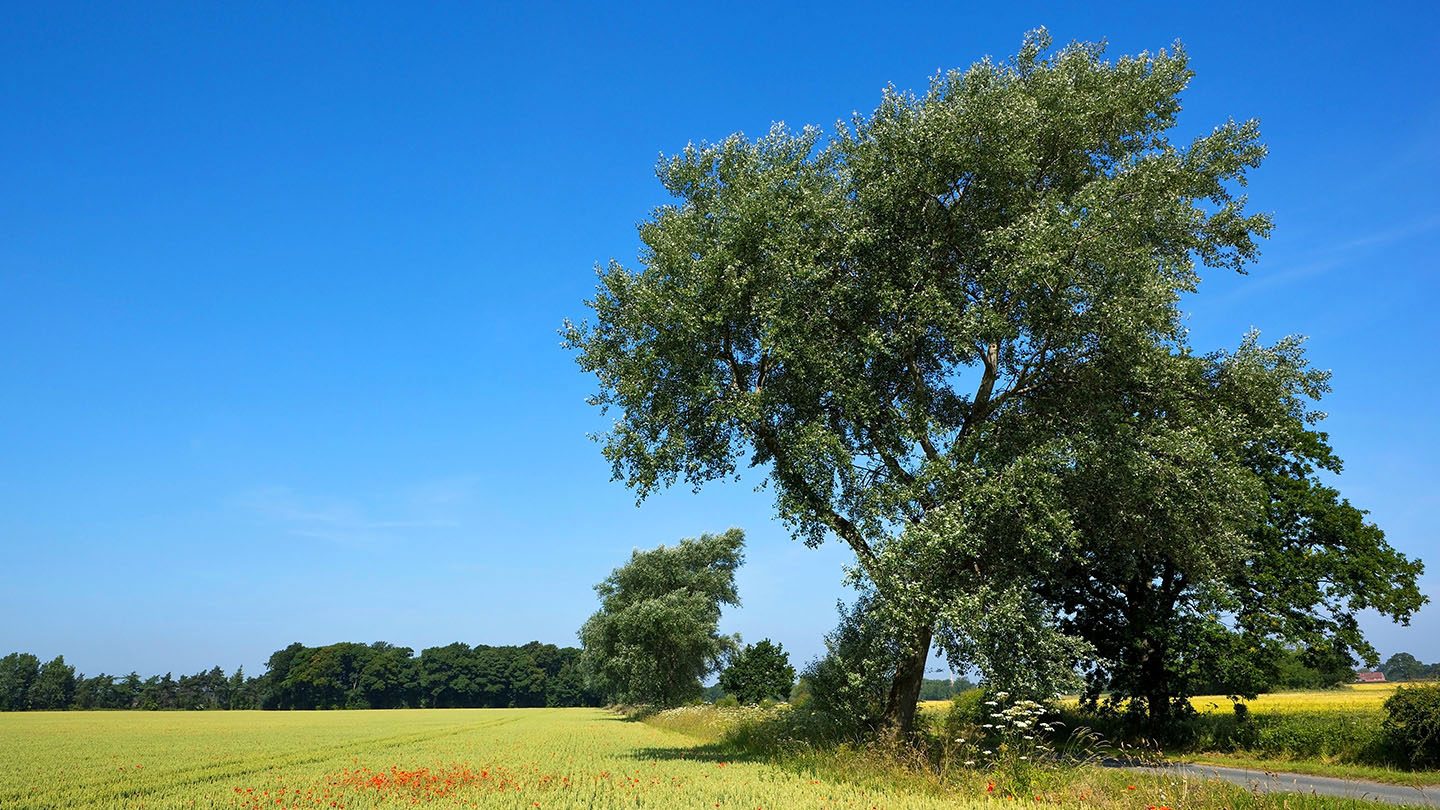
White Poplar (Populus alba) British Trees Woodland Trust
An early European introduction, White Poplar has moved from urban and farmstead plantings into natural forest habitats. It is a fast growing, short lived tree with weak wood. It suckers freely from the roots, forming clonal stands and is considered invasive in both North America and Australia.

DroughtTolerant Trees for the Northern Plains FineGardening
Populus alba Common names: white poplar, silver poplar, silver-leaved poplar All pictures (3) Share Overview More Information Care Knowledge Photo Gallery (3) Populus x canescens (Ait.) Smith (gray poplar), growth habit, tree form; © John Hagstrom Populus alba L. (white poplar), leaves; © John Hagstrom

White poplar trees in spring Nature Photos on Creative Market
Quaking aspen, also known as trembling poplar (Populus tremuloides), is one of the most widely distributed trees in North America. It is known for its fluttering leaves and white bark marked with black scars. (more) poplar, (genus Populus ), genus of some 35 species of trees in the willow family (Salicaceae), native to the Northern Hemisphere.
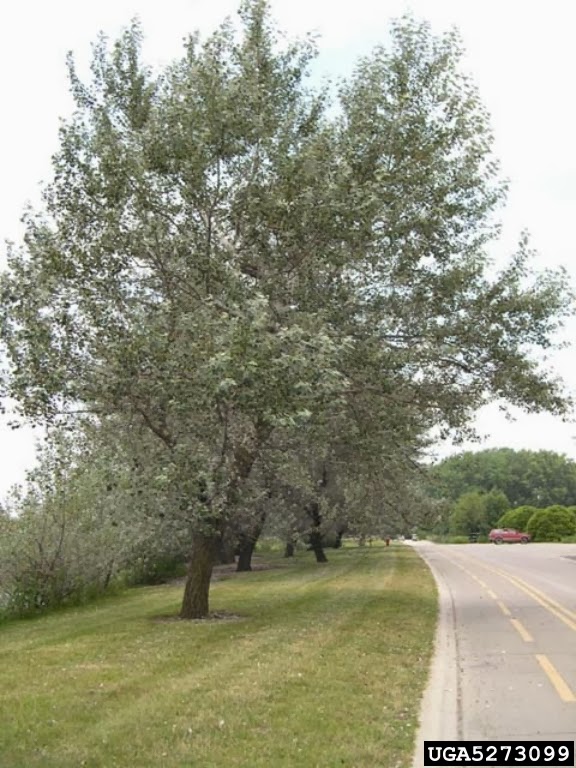
Trees Populus alba White Poplar Abele
Rapid growth of white poplar and its hybrids has been recorded in their native and nonnative ranges. Along the Henares River floodplain in Madrid, Spain, white poplar clones almost doubled in size in 5 years. In 4-year-old plantations, white poplar averaged 2.8 inches (7.2 cm) in DBH and 16 feet (4.9 m) tall.
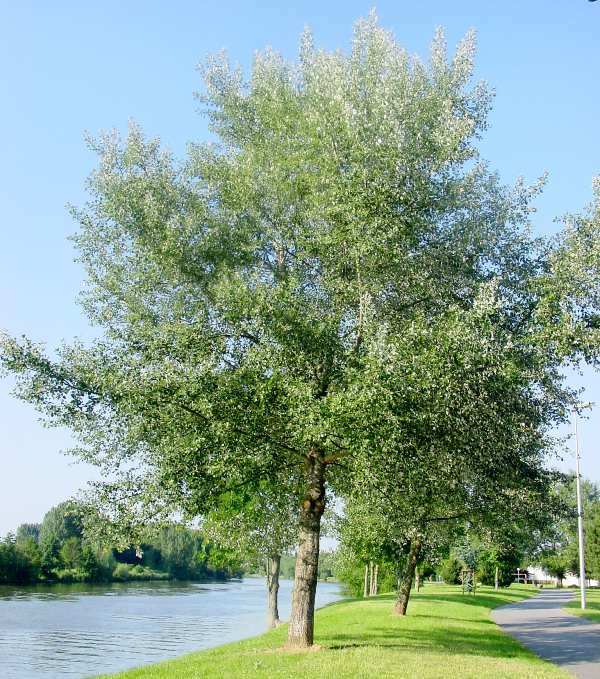
Populus alba, White Poplar, identification guide
White poplars in their native range can be beautiful trees growing in a wild setting outside of a garden. Once someone decides to try to rein it in by putting it into a landscape, they will find you have a freely suckering nightmare that easily hybridizes with Populus tremula and disperses its seed easily on the wind.
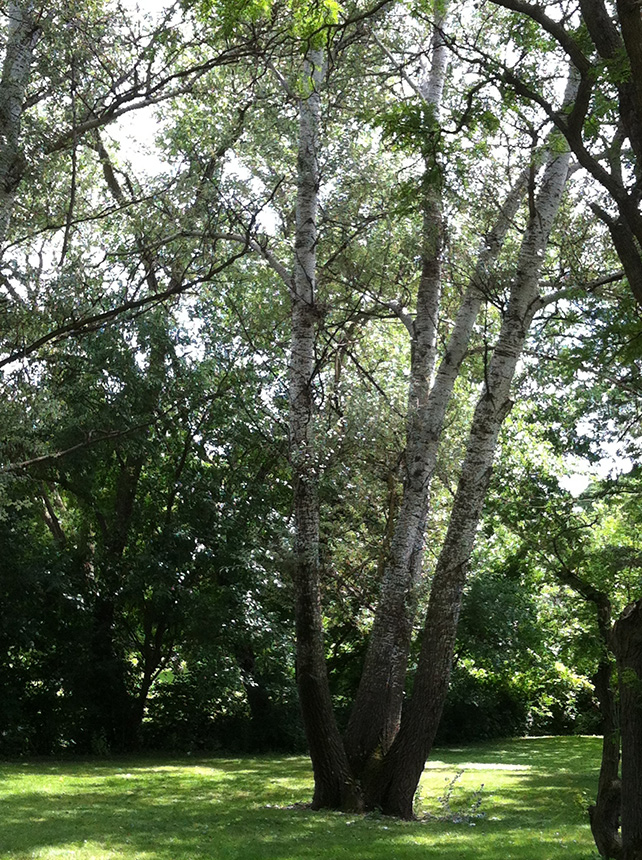
Minnesota Seasons white poplar
Fast-growing, Populus alba (White Poplar) is a wide-spreading, suckering, deciduous tree with a broad crown boasting an attractive foliage of 3-5 lobed leaves, up to 5 in. long (12 cm), lustrous dark green above and white and downy underneath.

white poplar (Populus alba)
Genus: Populus. Species: P. alba. Hardiness Zone: 3 to 8. Height: 50 to 75 ft. Width: 50 to 75 ft. Common characteristics: The European white poplar is a relatively short-lived tree but will continue to hold on long past its prime. The bark is smooth and thin, creamy white to greenish-gray on younger branches and the upper trunk, often with.
%2BFor%2BHealth%2B(1).jpg)
Benefits Of White Poplar (Populus Alba) For Health Tips Curing Disease
Poplar trees commonly have gray, white, or black bark with horizontal lines or diamond-shaped marks that darken as the tree ages. In addition, you may have a poplar if the tree in question is very tall and columnar. Some types also have a wide canopy and triangular leaves. 12 Trees With Brilliant Fall Color 01 of 10
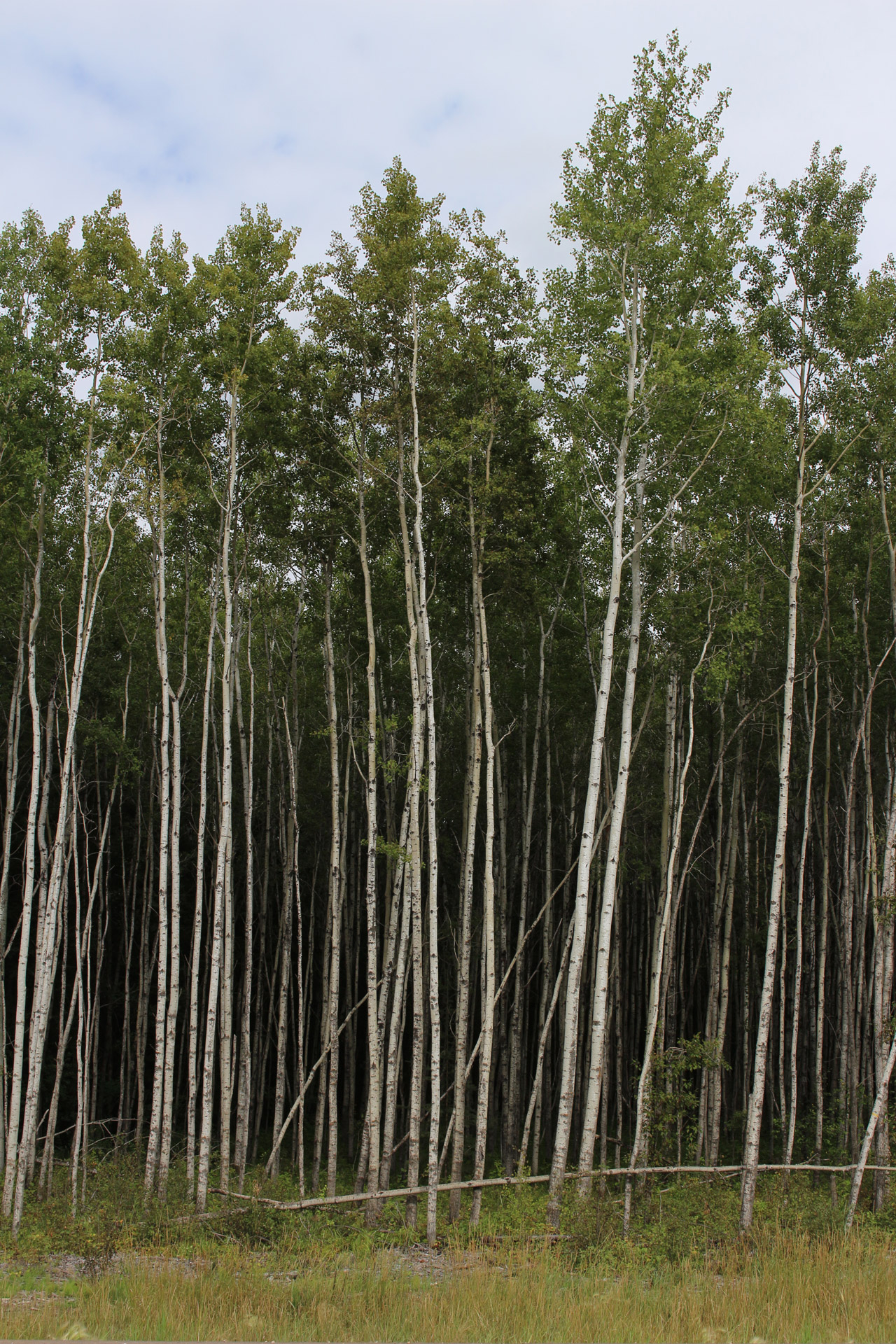
White Poplar Tree Trembling Aspen Free Stock Photo Public Domain Pictures
Quick facts Common name: white poplar Scientific name: Populus alba Family: Salicaceae Origin: non-native White poplar is a deciduous broadleaf tree which can grow to 20m. The bark is pale grey with lines of black diamond-shaped pores, called lenticels.
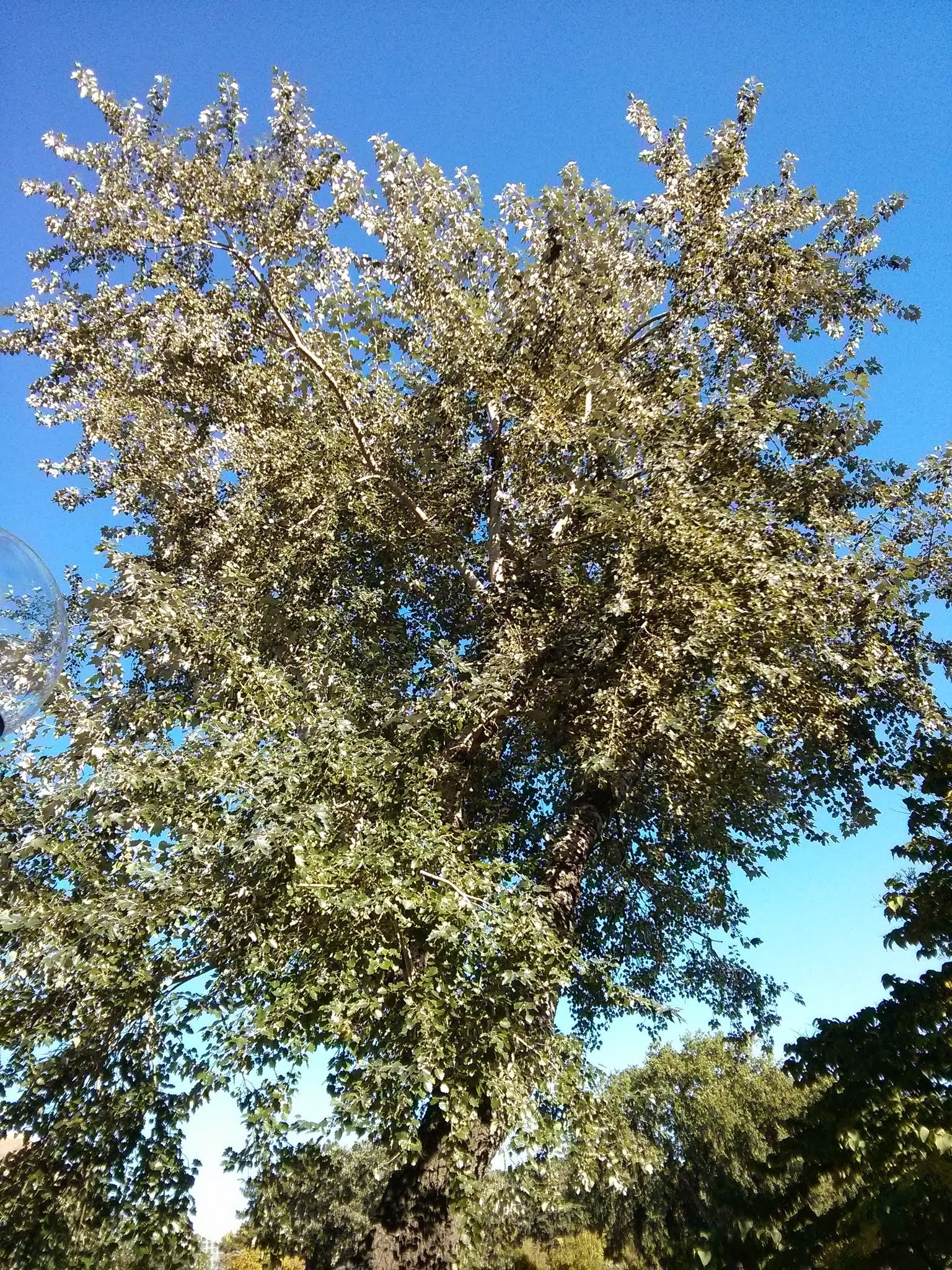
EUROPEAN WHITE POPLAR POPULUS ALBA The UFOR Nursery & Lab
Introduced to North America by early settlers. The largest tree in North Dakota is 65 feet tall with a canopy spread of 50 feet. Leaves and Buds Bud Arrangement - Alternate. Bud color - White, hairy. Bud size - 1/2 inch. Leaf Type and Shape - Simple, 3 to 5 palmate lobes on long shoots and coarsely-toothed on short shoots.